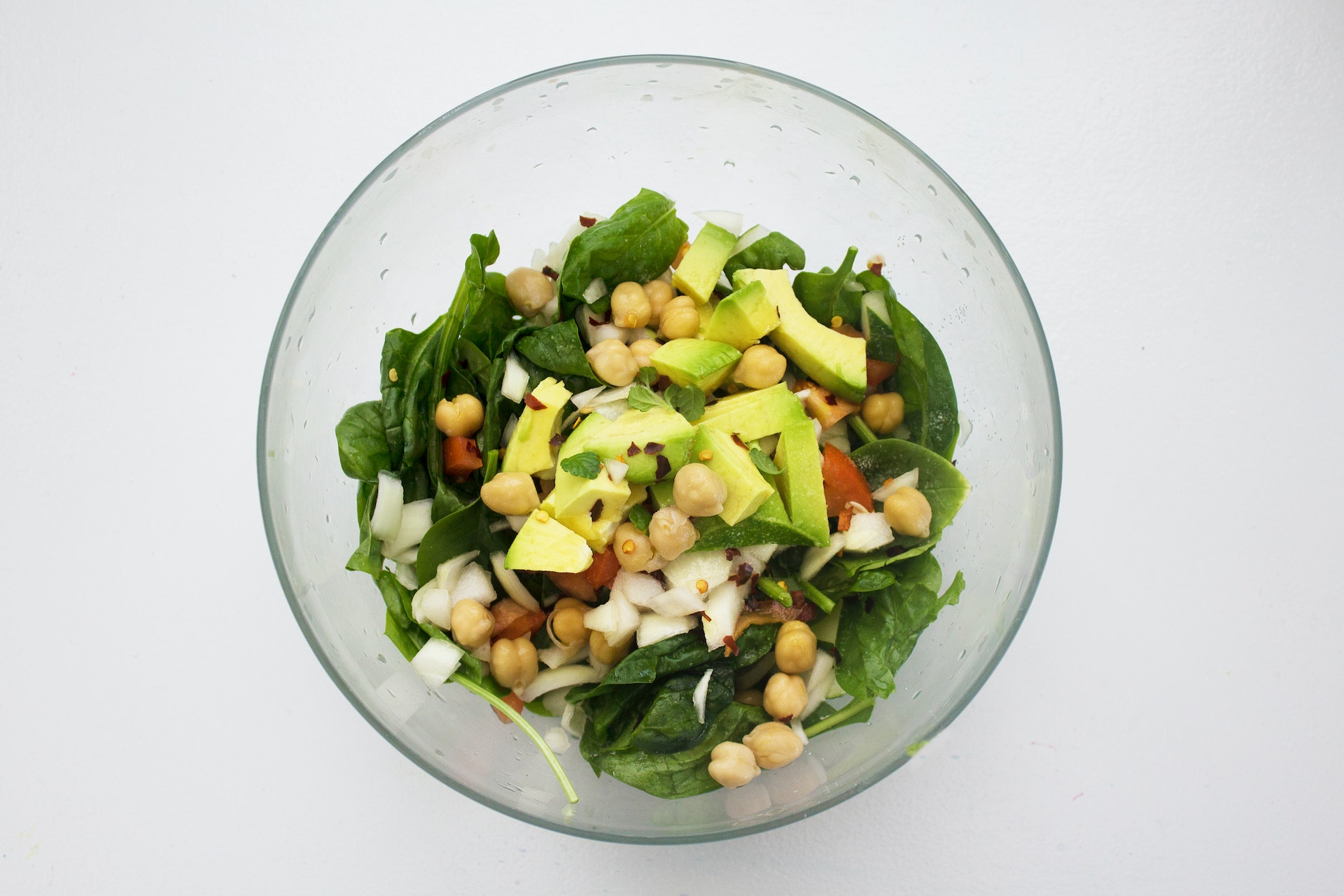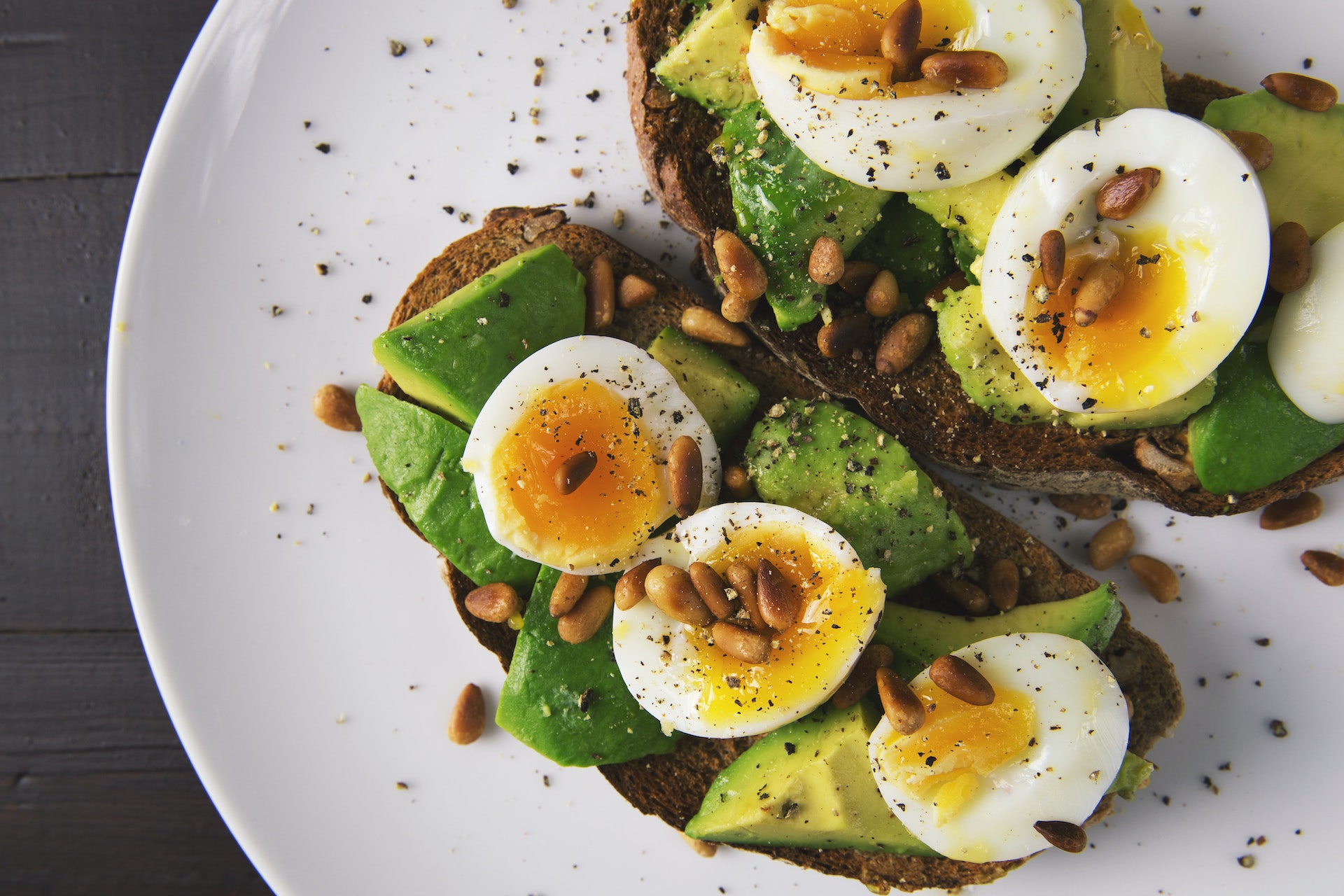Studies have shown that genes can affect a person’s metabolic rate, appetite, and fat storage.
Some people may be born with a faster metabolism and are more likely to stay slim, while others may be more likely to store fat and have a harder time losing weight.
Although genes play a role in weight loss, good lifestyle habits can largely offset the adverse effects of genes.
Dietary fiber can not only increase satiety and reduce food intake, but also promote intestinal motility and improve digestive health.
Foods rich in dietary fiber are low in calories and rich in nutrients, which can help stabilize blood sugar levels and prevent overeating.
Dietary fiber can also absorb some fat and cholesterol, helping to lower blood lipid levels.
Intake of enough dietary fiber every day can effectively control weight and improve overall health.


Scientific calorie counting methods can help accurately control calorie intake and expenditure during the weight loss process.
You need to calculate your basal metabolic rate (BMR), which is the amount of calories you need to maintain basic body functions.
Calculate your total daily calorie needs (TDEE) based on your daily activity level.
Make sure your total daily calorie intake is less than your total daily calorie expenditure by recording the calories you eat and the calories you burn through exercise.
Using mobile apps or online tools, you can easily calculate and track calories to help you lose weight more scientifically.
Overweight and obesity are often accompanied by high cholesterol and high blood lipids. By losing weight, you can improve blood lipid levels and reduce the risk of cardiovascular disease.
Healthy diet is equally important in weight loss and cholesterol management. Choosing foods low in saturated fat and trans fat and increasing dietary fiber intake can help lower bad cholesterol (LDL) levels and increase good cholesterol (HDL) levels.
Combined with regular aerobic exercise, blood lipid status can be further improved.

High-protein foods can increase satiety and reduce total calorie intake, while helping to maintain and increase muscle mass and increase basal metabolic rate.
Good sources of protein include chicken breast, fish, beans, low-fat dairy products and eggs.
Plant proteins such as tofu, quinoa and nuts are also good choices.
Enough protein intake should be ensured every day, 1.2-2.0 grams of protein per kilogram of body weight should be consumed, depending on personal weight and activity level.


Rope skipping is an efficient aerobic exercise that can consume a lot of calories in a short time and help lose weight.
10-30 minutes of rope skipping training every day can not only effectively burn fat, but also improve cardiopulmonary function and coordination.
Beginners can start with intermittent rope skipping, skipping rope for 30 seconds each time, then resting for 30 seconds, and gradually increase the continuous rope skipping time.
Choosing the right rope skipping length and venue, and wearing comfortable sports shoes can avoid sports injuries.
Meditation can indirectly help lose weight by reducing stress, improving mood, and increasing self-control.
Stress and mood swings often lead to overeating, and meditation can help relax the mind and reduce the chance of emotional eating.
Practicing meditation for 10-20 minutes a day can improve self-awareness and focus, and better control eating and lifestyle habits.
Through deep breathing, relaxing the body, and meditation, you can regulate the endocrine system and promote overall health.
